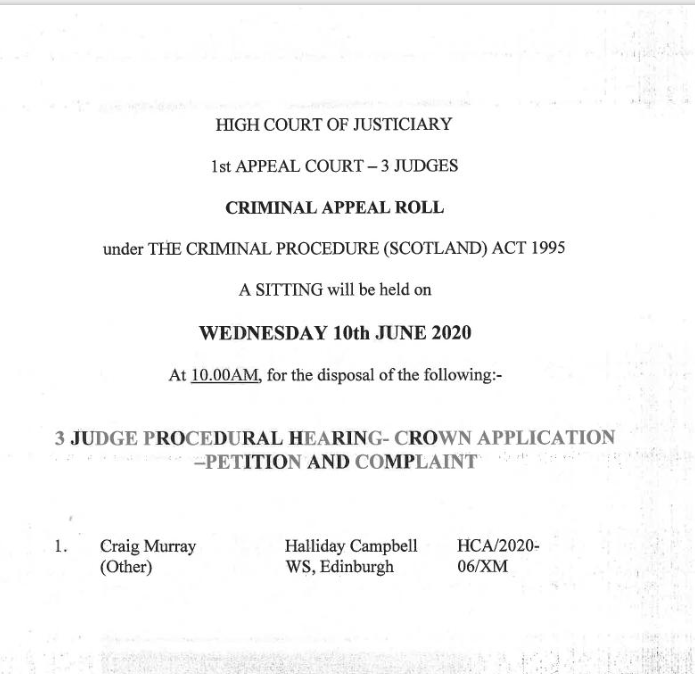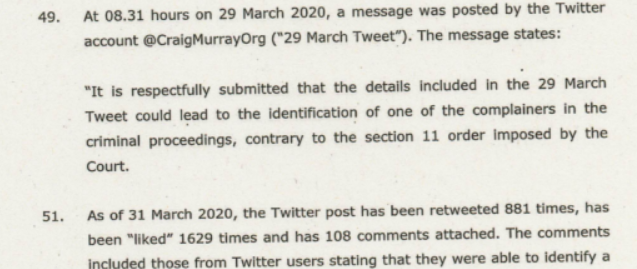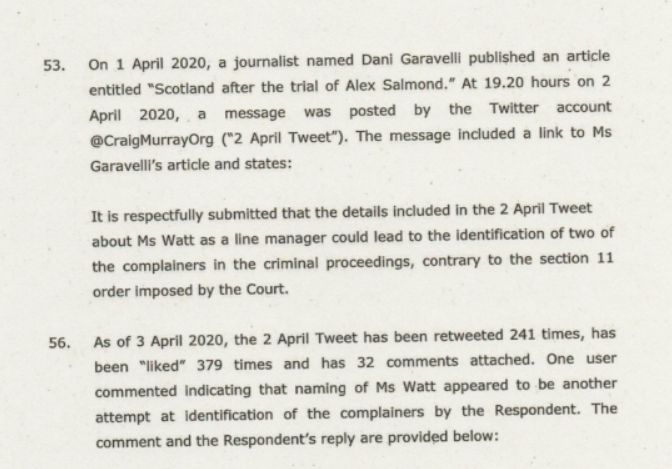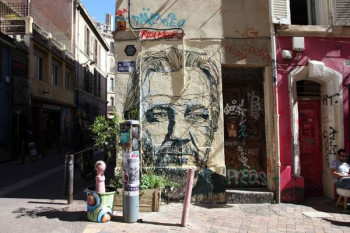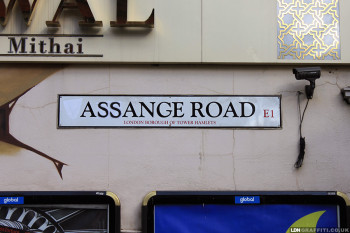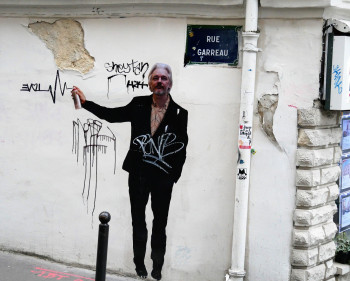On the 14th May 2020, Max Blumenthal reports
“I was the CIA director. We lied, we cheated, we stole.”
–Mike Pompeo, College Station, TX, April 15, 2019
An exclusive investigation by The Grayzone reveals new details on the critical role Sheldon Adelson’s Las Vegas Sands played in an apparent CIA spying operation targeting Julian Assange, and exposes the Sands security staff who helped coordinate the malicious campaign.
As the co-founder of a small security consulting firm called UC Global, David Morales spent years slogging through the minor leagues of the private mercenary world. A former Spanish special forces officer, Morales yearned to be the next Erik Prince, the Blackwater founder who leveraged his army-for-hire into high-level political connections across the globe. But by 2016, he had secured just one significant contract, to guard the children of Ecuador’s then-President Rafael Correa and his country’s embassy in the UK.
The London embassy contract proved especially valuable to Morales, however. Inside the diplomatic compound, his men guarded Wikileaks founder Julian Assange, a top target of the US government who had been living in the building since Correa granted him asylum in 2012. It was not long before Morales realized he had a big league opportunity on his hands.
In 2016, Morales rushed off alone to a security fair in Las Vegas, hoping to rustle up lucrative new gigs by touting his role as the guardian of Assange. Days later, he returned to his company’s headquarters in Jerez de Frontera, Spain with exciting news.
“From now on, we’re going to be playing in the first division,” Morales announced to his employees. When a co-owner of UC Global asked what Morales meant, he responded that he had turned to the “dark side” – an apparent reference to US intelligence services. “The Americans will find us contracts around the world,” Morales assured his business partner.
Morales had just signed on to guard Queen Miri, the $70 million yacht belonging to one of the most high profile casino tycoons in Vegas: ultra-Zionist billionaire and Republican mega-donor Sheldon Adelson. Given that Adelson already had a substantial security team assigned to guard him and his family at all times, the contract between UC Global and Adelson’s Las Vegas Sands was clearly the cover for a devious espionage campaign apparently overseen by the CIA.
Unfortunately for Morales, the Spanish security consultant charged with leading the spying operation, what happened in Vegas did not stay there.
Following Assange’s imprisonment, several disgruntled former employees eventually approached Assange’s legal team to inform them about the misconduct and arguably illegal activity they participated in at UC Global. One former business partner said they came forward after realizing that “David Morales decided to sell all the information to the enemy, the US.” A criminal complaint was submitted in a Spanish court and a secret operation that resulted in the arrest of Morales was set into motion by the judge.
Morales was charged by a Spanish High Court in October 2019 with violating the privacy of Assange and abusing the publisher’s attorney-client privileges, as well as money laundering and bribery. The documents revealed in court, which were primarily backups from company computers, exposed the disturbing reality of his activities on “the dark side.”
Obtained by media outlets including The Grayzone, the UC Global files detail an elaborate and apparently illegal US surveillance operation in which the security firm spied on Assange, his legal team, his American friends, US journalists, and an American member of Congress who had been allegedly dispatched to the Ecuadorian embassy by President Donald Trump. Even the Ecuadorian diplomats whom UC Global was hired to protect were targeted by the spy ring.
The ongoing investigation detailed black operations ranging from snooping on the Wikileaks founder’s private conversations to fishing a diaper from an embassy trash can in order to determine if the feces inside it belonged to his son.
According to witness statements obtained by The Grayzone, weeks after Morales proposed breaking into the office of Assange’s lead counsel, the office was burglarized. The witnesses also detailed a proposal to kidnap or poison Assange. A police raid at the home of Morales netted two handgunswith their serial numbers filed off, along with stacks of cash.
One source close to the investigation told The Grayzone that an Ecuadorian official was robbed at gunpoint while carrying private information pertaining to a plan to secure diplomatic immunity for Assange.
Throughout the black operations campaign, US intelligence appears to have worked through Adelson’s Las Vegas Sands, a company that had previously served as an alleged front for a CIA blackmail operation several years earlier. The operations formally began once Adelson’s hand-picked presidential candidate, Donald Trump, entered the White House in January 2017.
In its coverage of the alleged relationship between the CIA, UC Global, and Adelson’s Sands, the New York Times claimed it was “unclear whether it was the Americans who were behind bugging the embassy.” Though he outlined work for an “American client” in company emails, Morales insisted before a Spanish judge that the spying he conducted in the embassy was performed entirely on behalf of Ecuador’s SENAIN security services. He has even claimed to CNN Español that he was merely seeking to motivate his employees when he boasted about “playing in the first division” after returning from his fateful trip to Las Vegas.
This investigation will further establish the US government’s role in guiding UC Global’s espionage campaign, shedding new light on the apparent relationship between the CIA and Adelson’s Sands, and expose how UC Global deceived the Ecuadorian government on behalf of the client Morales referred to as the “American friends.”
Thanks to new court disclosures, The Grayzone is also able to reveal the identity of Sands security staff who presumably liaised between Morales, Adelson’s company, and US intelligence.
According to court documents and testimony by a former business associate and employees of Morales, it was Adelson’s top bodyguard, an Israeli-American named Zohar Lahav, who personally recruited Morales, then managed the relationship between the Spanish security contractor and Sands on a routine basis. After their first meeting in Vegas, the two security professionals became close friends, visiting each other overseas and speaking frequently.
During the spying operation, Lahav worked directly under Brian Nagel, the director of global security for Las Vegas Sands. A former associate director of the US Secret Service and cyber-security expert, Nagel was officially commended by the CIA following successful collaborations with federal law enforcement and intelligence agencies. At Sands, he seemed to be an ideal middleman between the company and the US national security state, as well as a potential guide for the complex surveillance tasks assigned to Morales.
When Adelson’s favored candidate, Donald Trump, moved into the Oval Office, the CIA came under the control of Mike Pompeo, another Adelson ally who seemed to relish the opportunity to carry out illegal acts, including spying on American citizens, in the name of national security.
Pompeo outlines the attack on Assange
…
Journey to “the dark side”
Pompeo’s first public speech as CIA Director, hosted at the Washington DC-based Center for Strategic and International Studies think tank on April 13, 2017, was one of the most paranoid and resentful addresses ever delivered by an agency chief.
…
One camera feed for Ecuador, another for “the American client”
On February 26, 2017, Wikileaks announced the forthcoming release of a major tranche of CIA files revealing details of the agency’s hacking and electronic surveillance tools. One such spying application called “Marble” allowed agency spies to implant code that obfuscated their identity on computers they had hacked. Other files contained evidence of programs that allowed hackers to break into encrypted messaging applications like Signal and Telegram, and to turn Samsung smart TVs into listening devices.
…
From top US cyber-crime investigator to Adelson’s security chief
During his lengthy career in the US Secret Service, Nagel worked at the nexus of federal law enforcement and US intelligence. In the 1990s, Nagel not only served on the personal protection detail of Presidents George H.W. Bush and Bill Clinton; he was assigned to “work with two foreign protective services after the assassination and attempted assassination of their respective heads of state,” he said in sworn testimony in a US District Court in 2011. Nagel also stated that he later protected the director and deputy director of a federal agency that he neglected to name
…
Adelson’s Israeli-American bodyman turns spying middleman
When Nagel joined Las Vegas Sands as its global security director, he was placed in charge of securing an international financial and political empire that spanned from the US to Israel to Macau in the People’s Republic of China. Sands chairman Sheldon Adelson possessed a fortune valued at around $30 billion that placed him consistently in the top 10 of Forbes’ list of the wealthiest Americans.
…
A CIA front in Chinese territory?
By the time of the lawsuit, Adelson’s company appeared to have been working closely with the CIA. A confidential 2010 report by a private investigator contracted by the gambling industry pinpointed Adelson’s casino in Macau as a front for Agency operations against China.
…
“I sense that this person offered him to collaborate with American intelligence authorities”
A 2016 security industry fair in Las Vegas at the Sands Expo provided the occasion for Adelson’s company – and presumably the CIA – to enlist David Morales. His personal recruiter, according to witness testimony, was Lahav.
…
Spying, stealing diapers, and burglary plans
Stefania Maurizi, an Italian journalist who visited Assange regularly at the embassy in London, remembered relaxed encounters with minimal security and friendly interactions with embassy staff for the first five years of the Wikileaks founder’s stay. It was in December 2017 that everything changed.
…
Sabotaging Assange’s exit strategy, robbery and assassination plots
Throughout December 2017, Assange and his lawyers were formulating a plan to exit the embassy under the protections granted to diplomats under the Vienna Convention on Diplomatic Relations. One proposal called for appointing Assange as a diplomat for a friendly government like Bolivia or Serbia, thus guaranteeing him diplomatic immunity. The final component of the plan relied on cooperation from the head of Ecuador’s SENAIN, Rommy Vallejo, who was technically the boss of Morales. Vallejo arrived at the embassy on December 20, 2017 – just five days before Assange planned to leave the embassy.
…
According to a source involved in the plan to grant Assange diplomatic immunity, the US ambassador to Ecuador, Todd Chapman, informed Ecuadorian authorities that he had learned of the initiative, and warned them against executing it.
The source also told The Grayzone that when one of the Ecuadorian officials involved in conceiving the strategy to free Assange from the embassy returned to Quito, his official government vehicle was stopped on a road by masked gunmen on a motorcycle who robbed him of his laptop. The computer contained detailed information about the plan to legally allow Assange to leave the embassy.
…
The alleged robbery of an Ecuadorian official in Quito was consistent with another violent plan divulged by a former UC Global employee in the Spanish court.
The ex-staffer recalled Morales mentioning that “the Americans were desperate” to end Assange’s presence in the embassy. Thus they were “proposing to activate more extreme measures against him,” including “the possibility of leaving one diplomatic mission door open, arguing that it was an accidental mistake, to allow the entrance and kidnapping of the asylum seeker; or even the possibility of poisoning Mr. Assange.”
The staffers were shocked when they learned of the proposal and protested to Morales that the direction he was taking “was starting to get dangerous.”
After a campaign of espionage, an Espionage Act prosecution
On April 11, 2019, British police raided the Ecuadorian embassy in London and dragged Assange into a waiting van. It was the first time in history a government had allowed a foreign law enforcement agency to enter its sovereign territory to arrest one of its citizens.
That same day, Ola Bini – the Swedish computer programmer branded as a “hacker” by Morales and placed under apparent US surveillance – was arrested in Ecuador and detained for months without charges. Accused of collaborating with Assange and various cyber-crimes, Bini has been held in Ecuador’s El Inca prison, where US authorities have reportedly requested to interrogate him. Amnesty International has labeled Bini a “digital defender” and condemned “undue government interference” as well as the intimidation of his legal defense team.
…
During the first extradition hearing this February 24, Assange was confined to a glass box that prevented him from directly conferring with his lawyers. Observers including former British diplomat Craig Murray said they noticed US agents conferring outside the courtroom with UK prosecutors.
One witness to the extradition hearing provided The Grayzone with photographs of several attendees they claimed were US Department of Justice officials who sat directly behind British prosecutors throughout the proceedings.
….
After the hearing began, according to Assange’s lawyer, Martinez, a female British barrister arrived and demanded permission to observe. She was representing Las Vegas Sands, a clear indication that Adelson was deeply concerned about the outcome of the proceedings.
Having been promoted from CIA director to secretary of state, Mike Pompeo has reportedly laid the groundwork to run for US senate in Kansas. The first step in Pompeo’s fledgling campaign, according to a raft of articles, was outreach to Sheldon Adelson to “gauge interest” in financing the Senate bid.
By the end of 2019, following the exposure of Sands’ relationship with UC Global, former employees of Morales revealed a rumor that Adelson’s bodyguard, Zohar Lahav, had been fired by Las Vegas Sands. When Morales was asked during an appearance before the Spanish court this February if the rumor was true, he confirmed it, stating that Lahav was terminated because of the “mess” that he helped create.
…
Read whole article in the Grayzone (includes pictures of various players and evidence presented in the Spanish spying case)

